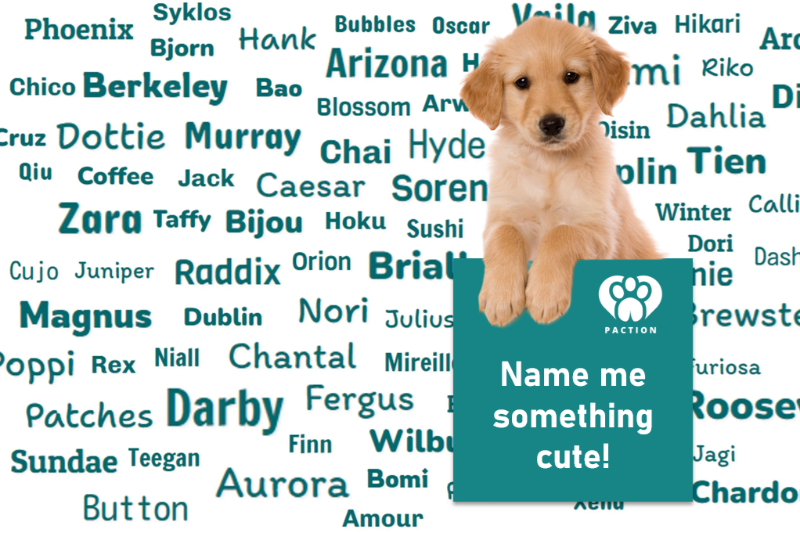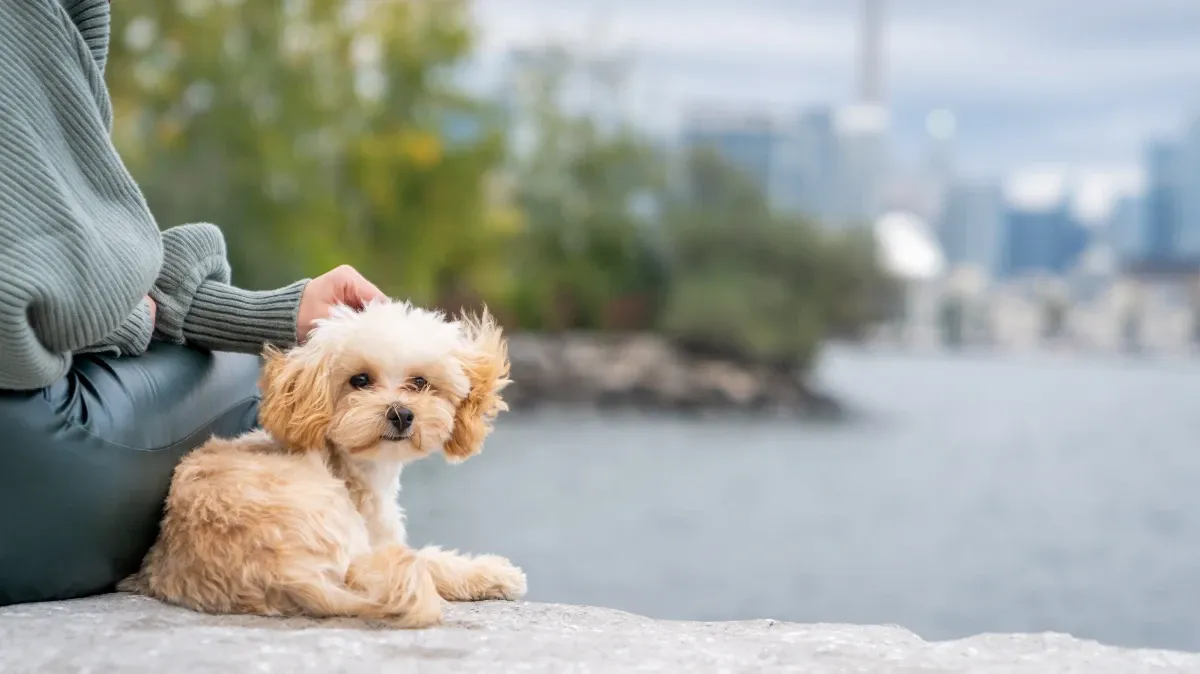Bulldog
Find Bulldog Breeders Near You
Connect with certified breeders who have Bulldog puppies available.
Find Bulldog BreedersGet to Know Bulldogs
- Stubborn but Affectionate: Bulldogs are known for their stubborn nature, but they are also incredibly affectionate and loyal. They form strong bonds with their families and are known for their gentle demeanor with children.
- Brachycephalic Breed: Bulldogs have a distinctive flat face and short snout, which categorizes them as a brachycephalic breed. This trait, while endearing, can lead to breathing problems and requires careful management, especially in hot weather.
- English Roots: Bulldogs have a long history in England, originally bred for bull-baiting, a cruel sport that was eventually outlawed. Today, they are known for their calm and friendly nature.
- Low Exercise Needs: Unlike many other breeds, Bulldogs have relatively low exercise needs. They are content with short walks and enjoy a more sedentary lifestyle, making them suitable for apartment living.
- Iconic Appearance: Bulldogs are instantly recognizable with their wrinkled face, stocky build, and drooping jowls. Their unique look has made them popular mascots, particularly in sports and media.
Breed History
The Bulldog is a breed with a rich history dating back to medieval England, where they were originally bred for bull-baiting, a popular sport that involved the dog attacking a bull to demonstrate courage and strength. The name "Bulldog" comes from this history, as "bull" and "dog" combine to describe their role in this sport. When bull-baiting was outlawed in the 19th century, the breed’s purpose shifted, and breeders focused on creating a gentler, more companionable version of the Bulldog. Over time, the breed evolved into the friendly, affectionate dog known today. The modern Bulldog has a laid-back and loving personality, making it a popular choice for families and individuals alike.
Personality and Behaviour
- Loyal and Affectionate: Bulldogs are incredibly loyal and form strong bonds with their families. They are known for their affectionate nature, enjoying close contact and cuddling with their owners. Bulldogs are typically good with children and often display a patient and tolerant attitude toward them, making them excellent family dogs. Their loving disposition ensures they thrive in a household environment where they receive plenty of attention and companionship.
- Calm and Relaxed: Bulldogs are often described as "laid-back" dogs. They are not known for their high energy levels and are perfectly content lounging around the house for most of the day. While they do need regular walks and some playtime to stay healthy, they are generally more adaptable to a slower-paced lifestyle than more active breeds. This calm nature makes them suitable for people who prefer a less demanding pet that can enjoy a cozy day at home.
- Stubborn but Intelligent: Bulldogs are intelligent and can be quite independent, which can sometimes come off as stubbornness. While they are capable of learning and following commands, training may require patience and a gentle touch. Positive reinforcement methods, such as treats and praise, work best when training Bulldogs. Their intelligence combined with their tenacity can make them quirky and endearing companions.
Care
- Exercise: While Bulldogs do not require as much exercise as more active breeds, they do need regular activity to stay healthy. A daily walk of 30 minutes to 1 hour is typically sufficient, coupled with short play sessions to maintain a healthy weight. Because Bulldogs are prone to overheating due to their brachycephalic (short-nosed) structure, exercise should be done in the early morning or late evening when temperatures are cooler. Owners should always monitor their Bulldogs during exercise, especially in warm weather, to prevent heat exhaustion or heatstroke.
- Grooming: Bulldogs have a short, smooth coat that is relatively low-maintenance but still requires some care. Weekly brushing can help remove loose hairs and keep their coat looking neat. Bulldogs are known for their characteristic skin folds, which should be cleaned and dried regularly to prevent moisture buildup and skin infections. Regular grooming should include ear cleaning, nail trimming, and dental care. Due to their facial folds, owners should inspect and clean these areas frequently to avoid irritation or bacterial infections.
- Training and Socialization: Training a Bulldog can sometimes be challenging due to their independent nature, so patience and consistency are essential. Positive reinforcement methods are most effective, and training sessions should be kept short and engaging to maintain their attention. Early socialization is crucial to help Bulldogs become well-rounded dogs that are comfortable around other animals and people. Despite their somewhat stubborn attitude, Bulldogs can be trained to learn commands and tricks, and they enjoy the interaction and bonding that training provides.
Bulldog Summary
What to ask your breeder?
Here's a short summary of what you should be asking your breeder:
Bulldog Health Testing
| Screening | Considerations |
|---|---|
| Patellar Luxation | Veterinary Evaluation of Patellar Luxation. Minimum age 1 year. |
| Cardiac Evaluation | Congenital Cardiac Exam, exam by Boarded Cardiologist using echo preferred — but not required. Advanced Cardiac Exam. Basic Cardiac Exam, exam by Boarded Cardiologist using echo preferred — but not required. |
| Tracheal Hypoplasia | OFA radiographic evaluation for Tracheal Hypoplasia. |
| ACVO Eye Exam | (Optional but recommended) Eye Examination by a boarded ACVO Ophthalmologist - after the age of 24 months. |
| Hip Dysplasia | (Optional but recommended) OFA Radiographic Hip Evaluation |
| Elbow Dysplasia | (Optional but recommended) OFA Radiographic Elbow Evaluation |
| Autoimmune thyroiditis | (Optional but recommended) Autoimmune Thyroditis Evaluation from an approved Lab. |
| Congenital Deafness | (Optional but recommended) B.A.E.R. hearing test. |
| Hyperuricosuria | (Optional but recommended) DNA-based Hyperuricosuria test from an approved Lab. |
How Much Does It Cost to Own a Bulldog Per Year?
Determining the cost of owning a Bulldog is essential for responsible dog ownership. Use our calculator to estimate expenses, including food, grooming, veterinary care, and more.
The Ultimate Dog Cost Calculator
 Calculate Now
Calculate Now

